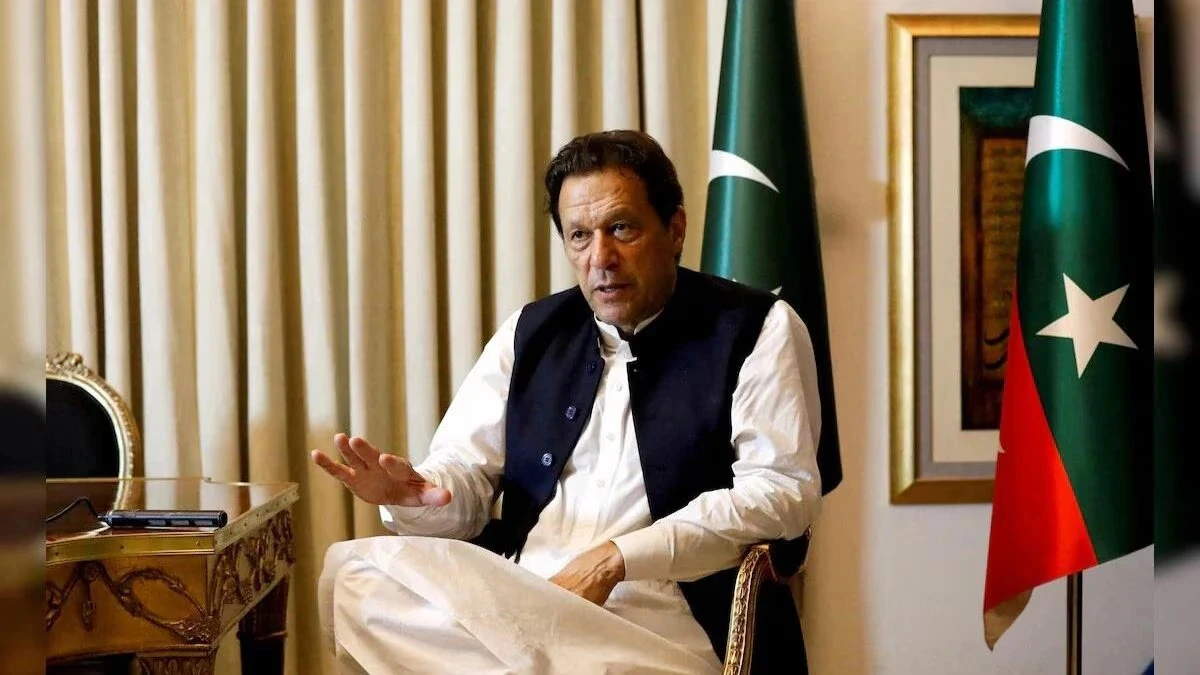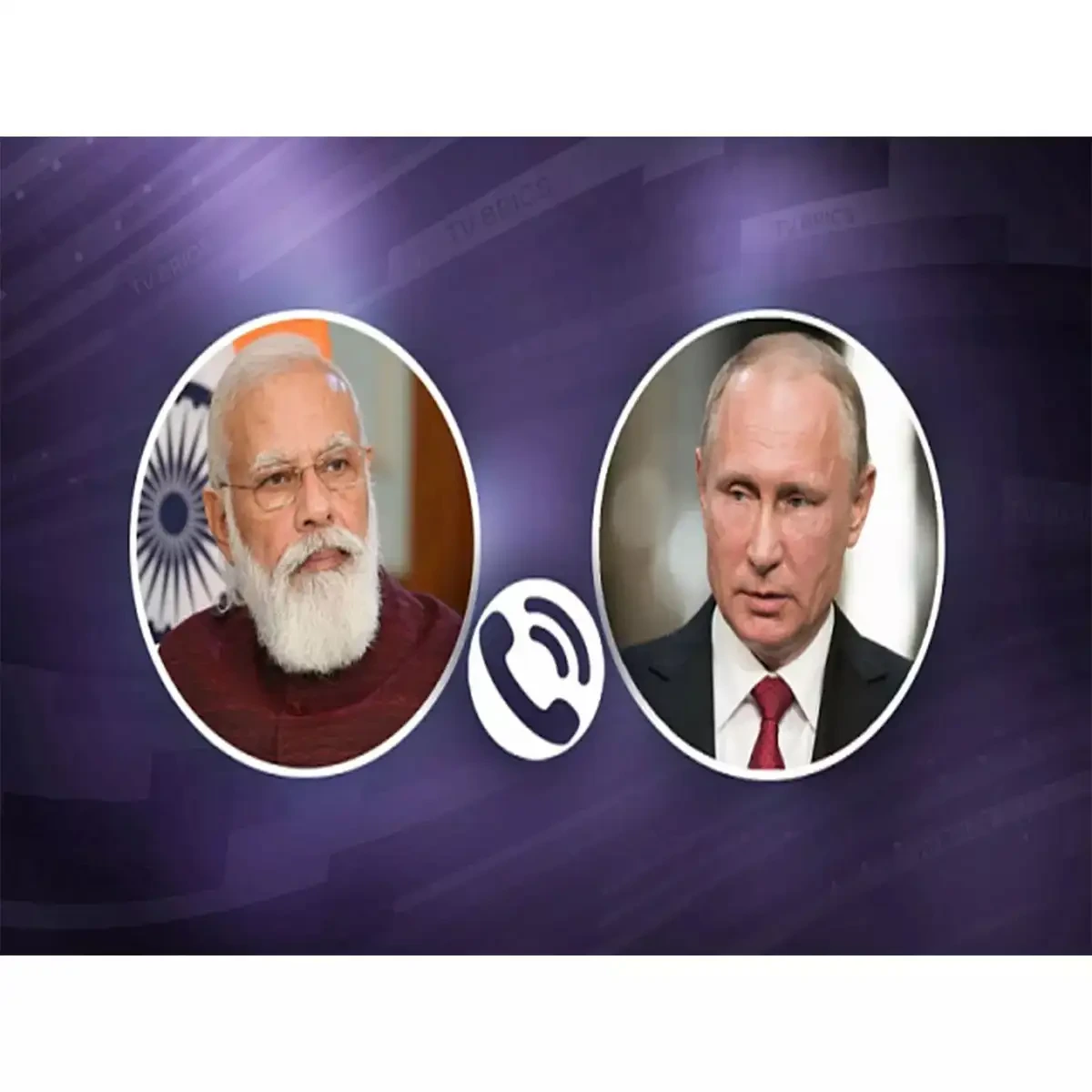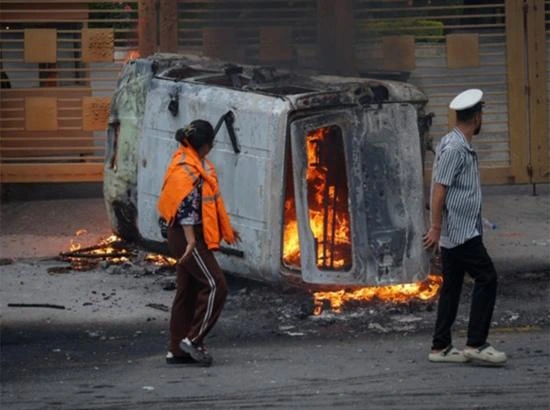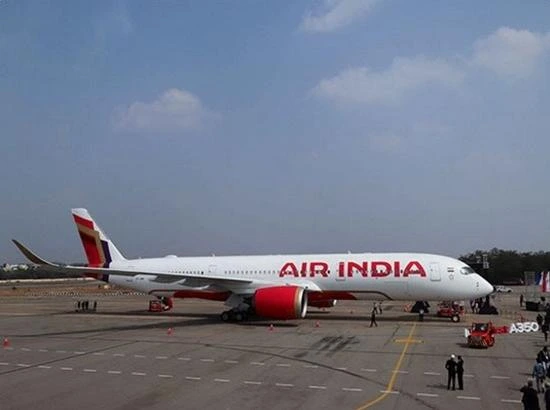12-Sep, 2024, 11:30 AM, In a significant legal development, the Islamabad High Court (IHC) is set to hear a petition filed by former Pakistani Prime Minister Imran Khan today, challenging the potential of facing a military trial. Khan, the chairman of Pakistan Tehreek-e-Insaf (PTI), is contesting his possible prosecution under military laws for alleged offenses related to the May 9 riots, which erupted after his brief arrest.
His legal team argues that trying civilians under military laws violates the fundamental principles of justice and undermines constitutional protections, raising concerns about the rule of law in Pakistan.
Background of the Case of Islamabad High Court
Imran Khan’s arrest in May 2023, on corruption charges, ignited widespread protests across Pakistan, particularly among PTI supporters. The protests led to vandalism, attacks on military installations, and unrest in major cities.
Following these events, the Pakistani government took an unprecedented stance, stating that those involved in the attacks on military facilities would be tried in military courts under the Pakistan Army Act. This includes Imran Khan, whose political movement has been at the forefront of these protests.
Khan’s legal team has maintained that his trial in a military court would be unconstitutional, arguing that such courts are designed for military personnel and not for civilians.
They claim that civilian courts have the sole jurisdiction to handle cases involving civilians, even if the alleged offense involves military property or personnel.
The potential military trial of a former prime minister raises questions about the broader implications of military courts in Pakistan’s legal and political systems.
Implications of the Military Trials
The prospect of military trials for civilians, especially prominent political figures like Imran Khan, has sparked a heated debate.
Human rights organizations have criticized the move, citing concerns about fair trials and due process.
Military courts in Pakistan are known for operating with limited transparency, and verdicts can often be issued swiftly, without the full scope of legal protections available in civilian courts.
On the other hand, the Pakistani government has defended the decision, claiming that the military trials are necessary to ensure accountability for attacks on national security institutions.
They argue that the military installations, as symbols of the state, deserve special legal consideration.
Conclusion
The IHC’s decision in Imran Khan’s petition could set a crucial precedent for the future of civilian-military relations in Pakistan. If the court sides with Khan, it may curtail the state’s ability to try civilians in military courts, reinforcing the primacy of civilian judicial institutions.
Conversely, a ruling against Khan could embolden the government to expand the use of military courts in matters involving national security. The outcome will likely have lasting implications for Pakistan’s legal framework and its political landscape.





